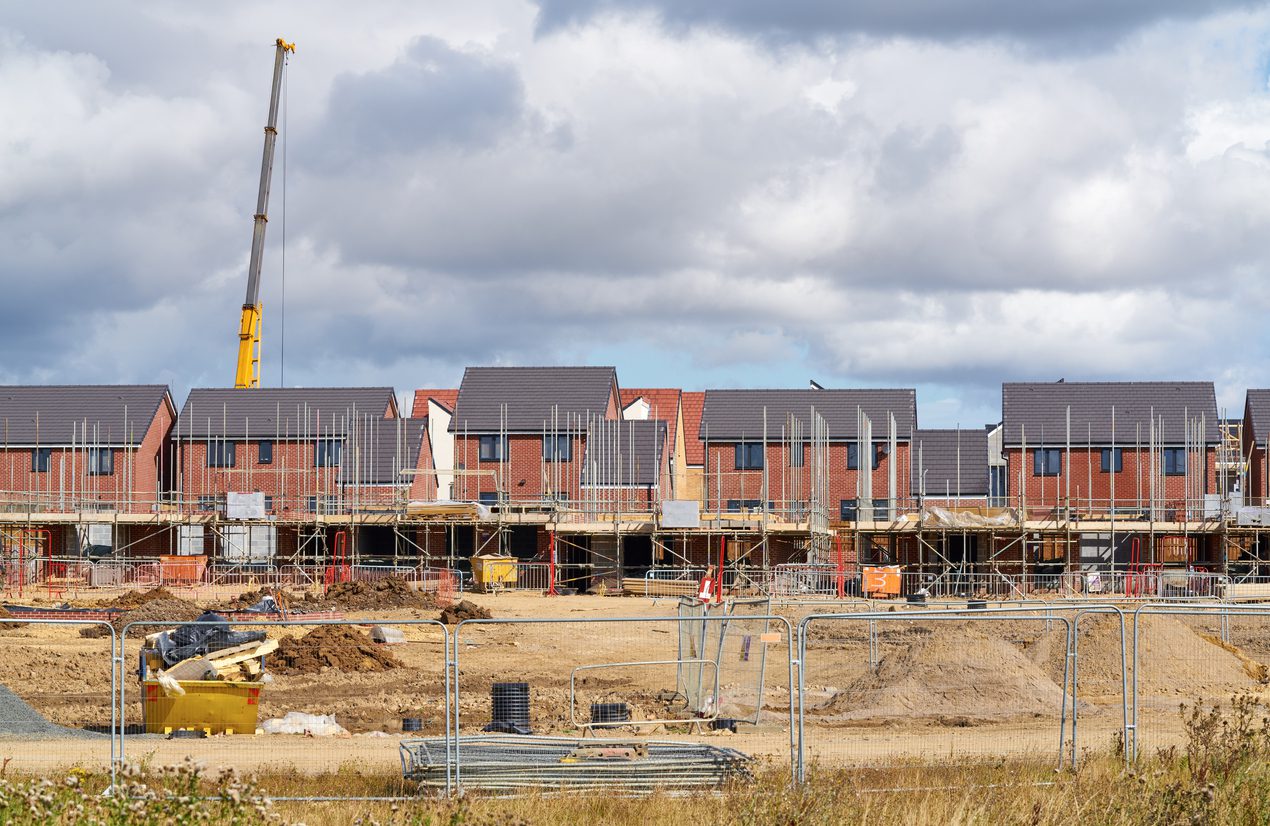As the number of renters across the UK rises, we could be at risk of losing thousands of available homes because of government measures stifling the sector.
The private rented sector could be set to lose as many as 133,000 homes for rent over the coming 12 months, according to a new report from leading landlord body the Residential Landlords Association (RLA) through research compiled by PEARL.
With most landlords citing increased tax charges and reduced profits as the main reason for exiting the sector, the results have led the RLA to call on ministers to bin the additional 3% stamp duty charge on second homes for landlords who invest in property that adds to the overall supply of housing, such as those investing in new-build properties, as a way of incentivising landlords and lowering the number who feel they are being “forced” out of the industry. This would also include those investing in office and shop conversions, splitting large homes into self-contained properties for rent or bringing an empty home back into use.
Landlords are being put off
While a huge 84% of landlords and industry members have seen tenant demand rising or remaining stable, the demand could fail to be met over the coming year as more landlords are put off or priced out by government measures such as the stamp duty surcharge and the phasing in of Section 24 which will mean landlords’ mortgage interest relief will be restricted to the basic level of income tax.
The report says: “These changes make it easier for those who are wealthier and cash-rich to invest in the private rented sector, over those middle income earners that may look to purchase a property with finance while also limiting the access of the sector for the more vulnerable tenants and those who can’t afford to buy [and] can’t access social housing.”
Taxation should be used positively
RLA policy director David Smith commented that despite the government’s plan to try and increase homeownership in the UK, demand for rental homes continues to rise.
“The Government was always mistaken to place homes to own and to rent in opposition to each other rather than seeking to supply more homes in all tenures.”
“The vast majority of landlords are individuals and small businesses, providing good housing to their tenants and supporting local economies. We need to support and encourage them to provide the long-term homes to rent needed,” he added.
“The government should use taxation more positively and not penalise landlords who are contributing to badly needed homes to rent.”
By scrapping the 3% stamp duty surcharge for those purchasing investment properties that are adding to the housing stock, the growing rental demand could still be met and would see landlords feel more incentivised to buy good-quality, new-build properties to rent out, which could in turn improve the sector for tenants.










